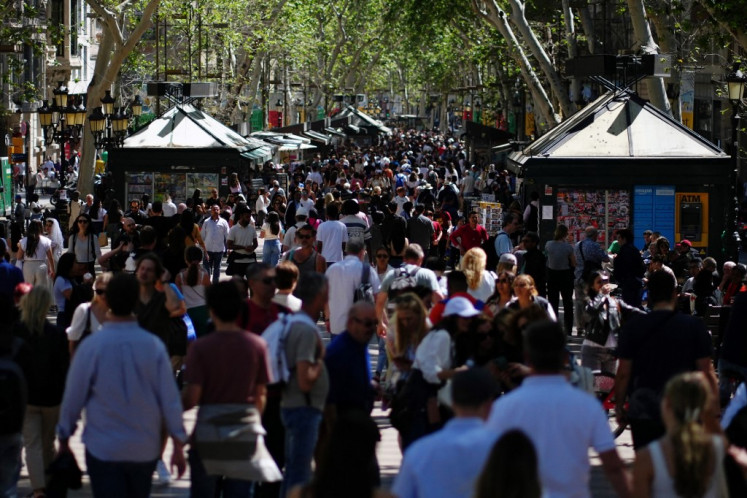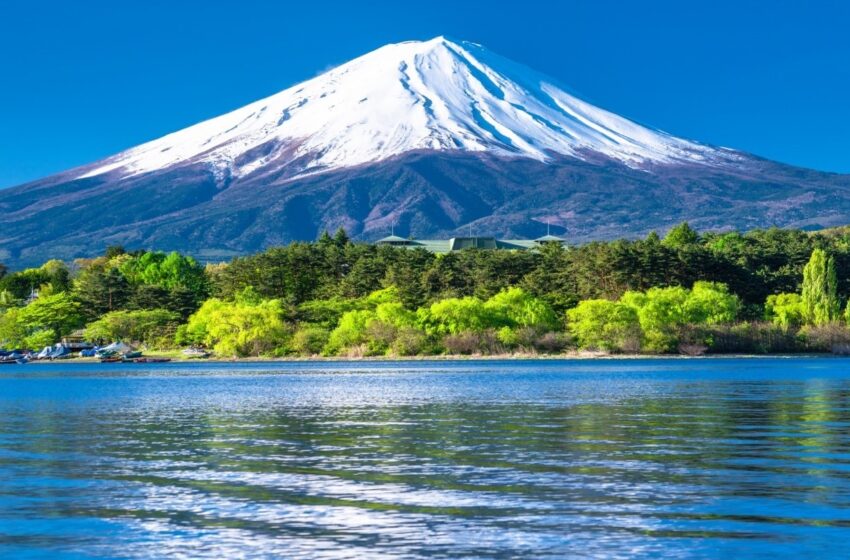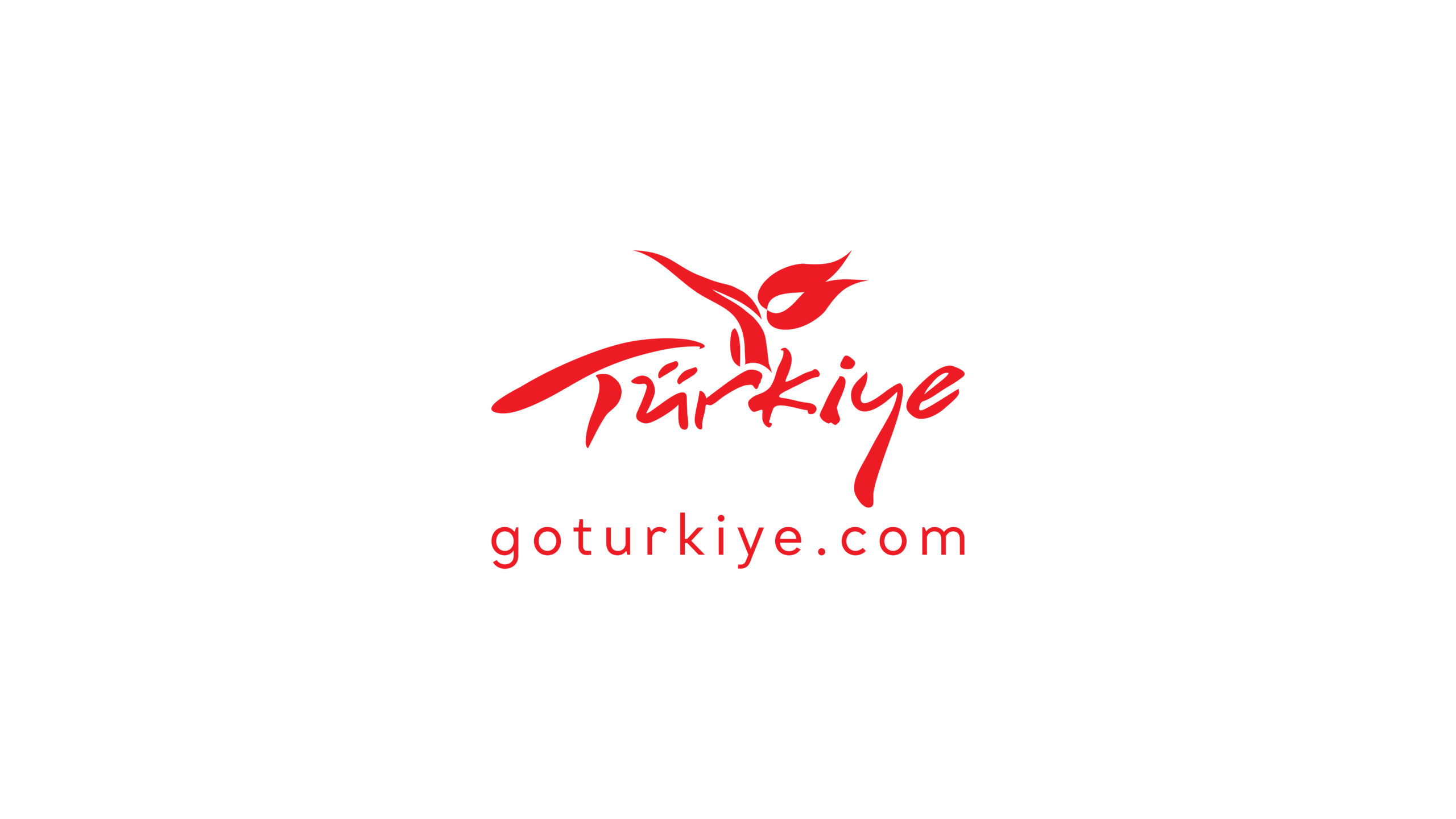As Spain grapples with a surge in tourism, particularly in regions like the Canaries, locals are rallying against uncontrolled development and overcrowding, as per AFP.
Anti-tourism movements are multiplying in Spain, the world’s second most visited country, prompting authorities to try and reconcile the interests of locals and the lucrative sector. Rallying under the slogan “The Canaries have a limit”, a collective of groups on the archipelago off northwest Africa are planning a slew of protests on Saturday. The Canaries are known for volcanic landscapes and year-round sunshine and attracts millions of visitors from all over the world.
From the Balearic Islands to the Canary Islands, Barcelona and Malaga, anti-mass tourism movements are multiplying in Spain. On the Canary Island Tenerife, activists started hunger strike to demand a moratorium on mass tourism.
Groups there want authorities to halt work on two new hotels on Tenerife, the largest and most developed of the archipelago’s seven islands. They are also demanding that locals be given a greater say in the face of what they consider uncontrolled development which is harming the environment. Several members of the collective “Canaries Sold Out” also began an “indefinite” hunger strike last week to put pressure of the authorities.
“Our islands are a treasure that must be defended,” the collective said. The Canaries received 16 million visitors last year, more than seven times its population of around 2.2 million people. This is an unsustainable level given the archipelago’s limited resources, Victor Martin, a spokesman for the collective told a recent press briefing, calling it a “suicidal growth model”.
Similar anti-tourism movements have sprung up elsewhere in Spain and are active on social media. In the southern port of Malaga on the Costa del Sol, a centre of Spain’s decades-old “soy y playa” or “sun and beach” tourism model, stickers with unfriendly slogans such as “This used to be my home” and “Go home” have appeared on the walls and doors of tourist accommodations.
In Barcelona and the Balearic Islands, activists have put up fake signs at the entrances to some popular beaches warning in English of the risk of “falling rocks” or “dangerous jellyfish”. Locals complain a rise in accommodation listings on short-term rental platforms such as Airbnb have worsened a housing shortage and caused rents to soar, especially in town centres.
The influx of tourists also adds to noise and environmental pollution and taxes resources such as water, they add. In the northeastern region of Catalonia, which declared a drought emergency in February, anger is growing over the pressure exerted on depleted water reserves by hotels on the Costa Brava.
“Our concern is to continue to grow tourism in Spain so that it is sustainable and does not generate social revulsion,” the vice president of tourism association Exceltur, Jose Luis Zoreda, told a news conference on Tuesday when asked about the protest movements. The group said it expects Spain’s tourism sector will post record revenues of EUR 202.65 billion this year.
Before the Covid-19 pandemic brought the global travel industry to its knees in 2020, protest movements against overtourism had already emerged in Spain, especially in Barcelona. Now that pandemic travel restrictions have been lifted, tourism is back with a vengeance — Spain welcomed a record 85.1 million foreign visitors last year. (Source: AFP)






